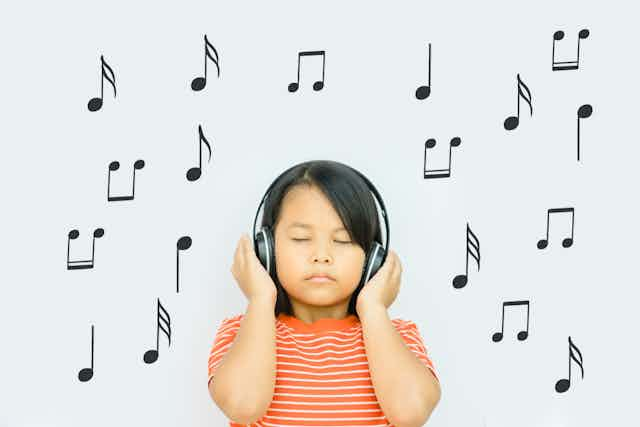Music is an integral aspect of daily life. If you’re enjoying soothing tunes, dancing beats, or lyrics, one could not endure without the love of their life. Research has shown how different types (or genres) of musical files cause changes in blood pressure which are caused by metal and rock. more positive results than tranquilizer tracks do and hormone fluctuations based on what we listen to the metal leads us to exciting territories and calming music artists can help regulate everything from moods through appetites.
The idea that music can affect our mental health is not new. Singing and drumming have been used in healing for many thousands of years by various cultures. It is now known that this form of therapy can be very beneficial in the treatment of anxiety as well as post-traumatic stress disorder (PTSD). There’s an unlimited amount of people who could benefit from it, because everyone has their own concerns about their moods and emotional state.

Music therapy is an approach that many people already use in some way. Music therapy is a therapy that relies on the power of music. It has more chance of healing people who require healing than any other type. Patients will experience a sense of connection and their mood will improve through listening. To make this method 100 100% effective, therapists often write tunes or lyrics from traditional songs. However, they may also use mindfulness exercises which require patients to concentrate on certain sound waves.
So, who can benefit by music therapy?
The use of music therapy can be utilized to ease stress It’s also being used as a method to relax your mind away from anxiety.
1. Hearing Impairment
It has been demonstrated that music therapy can improve speech in those who suffer from hearing loss. It’s rare that individuals with hearing impairments can hear all the time. However, there are still some people who experience a degree of sensation. Music therapy is a great way to improve speech formation and intonation.
2. Autism
A music therapy approach has been proven to be effective in helping autistic spectrum disorder (ASD) sufferers. The use of techniques that involve music alongside standard treatments appears to suggest that it can lead people into a productive life which they might not be able to. Children who received both therapies had shorter periods of social withdrawal and isolation than children who received only one. This suggests there is something to be gained by mixing them. Boys who are stronger in their social skills will be more socially active.
3. Chronic Pain
The two are both able to are able to be an uplifting experience for people suffering from pain, so it’s not surprising that when music therapy is used with an intention to ease one’s emotional burden they will find themselves experiencing lesser physical pain. One way to do this is by removing your attention on the unpleasant sensations and allowing you to be away from what’s going on around them just like how we listen to our ears in the piano or concert halls, where there’s nothing else to distract us from these two things.
For more information, click house of music